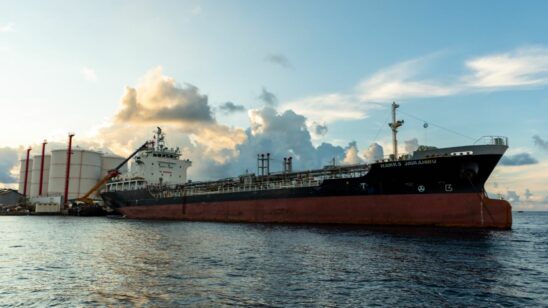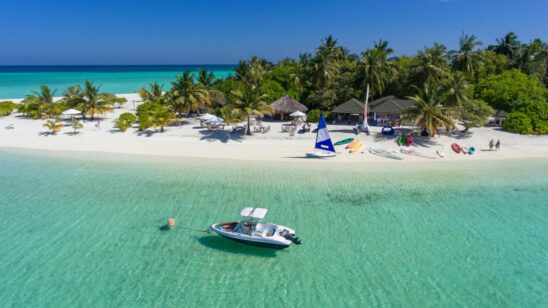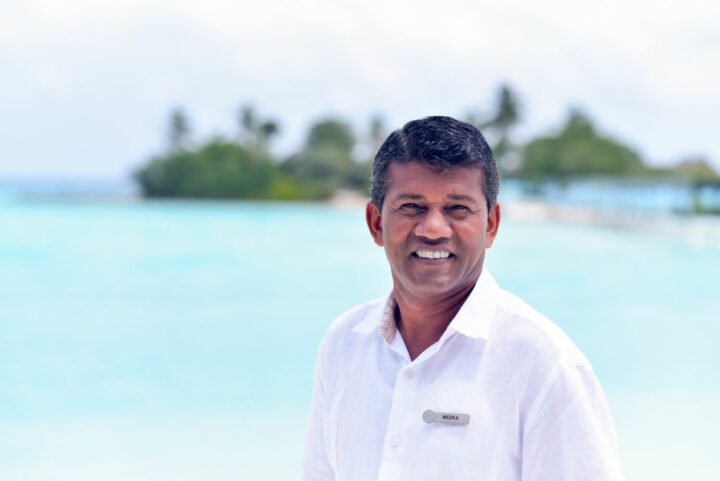
Darmarathna Weerasingha, Director of Security, Four Seasons Resort Maldives at Kuda Huraa
Having served in an infantry unit for two years with an additional 12 years in special forces plus diplomatic security work at embassies in Sri Lanka, Darmarathna Weerasingha is well-appointed in his role as the Director of Security at Four Seasons Resort Maldives at Kuda Huraa. Looking at military service versus the hospitality industry in his perspective, he points out that security operations overseen by someone with a military background will work coefficiently in ensuring the security of the property, its guests and staff.
The Four Seasons’ principle approach to emergencies and natural disasters is first to address saving lives and property. The security team is solid with good backgrounds; trained in military experiences, life-saving techniques and swimming instructors. Emergency equipment is placed all around the island, facilitating the implementation of the safety and security policies of the resort.
Automated External Defibrillator units, first aid boxes, emergency ladders, stretchers and other safety equipment is amongst the stuff waiting on standby. In an emergency, one radio call is all that is necessary to bring all the members of the team on alert. Working with written policies and procedures are foremost in the resort; the top management decides on any exceptions.
As the Director of Security, Darmarathna’s daily routine starts with checking the log for the previous day, allowing him to follow up on any incidents or unusual activities. Next up, a look at the seismic monitoring systems for any earthquakes in the region which he needs to be alert about, followed by updating himself with the local and international news of the day related to the tourism sector.
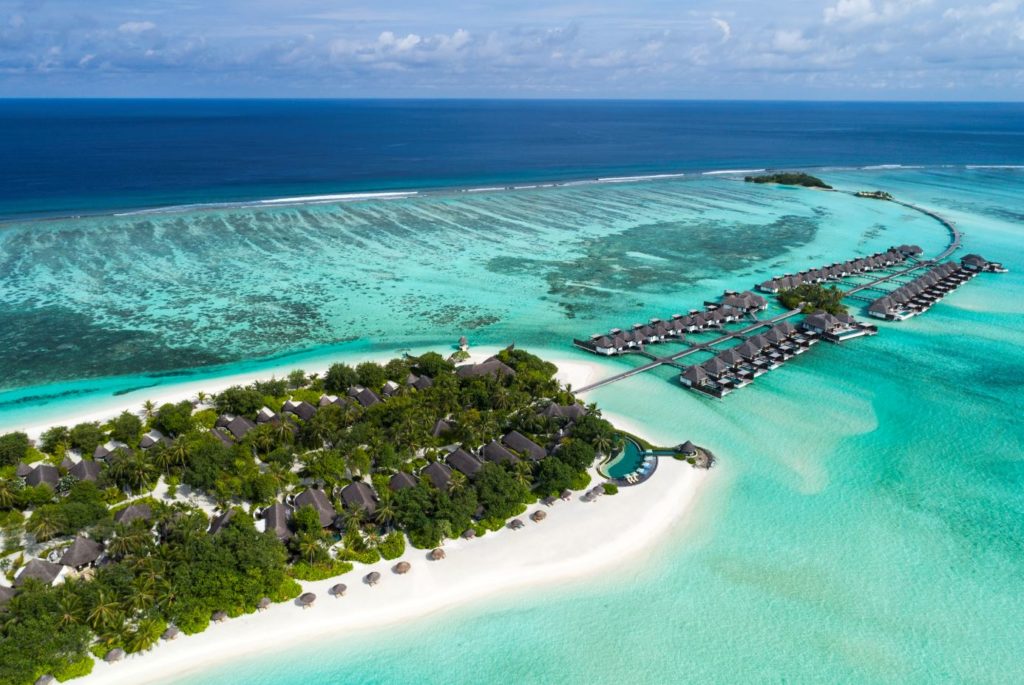
He is accustomed to doing 2-3 rounds around the island every day, including the security posts; any incident which needs his attention, or that of his team, will be attended to first. He relates that security is not an 8-5 day-job, but one that entails all members of his team to be on call 24/7; it also requires honest and trustworthy staff. The security personnel should want to help other people in critical situations intuitively.
When a new staff joins the property, they go through a presentation about the security protocols, primarily focused on fire protocols and water safety measures; within the first month, the staff will have a thorough understanding of the resort’s safety and security policies. Electronic devices brought into the island are also screened. Third-party contractors visiting the island are required to provide work permit cards with their passports. They will be permitted to work only after proper identification and screening.
At Four Seasons Kuda Huraa, risk assessment conductions are done every month to mitigate any unforeseeable risks. At the safety committee meeting, representatives from each department will talk about the risks, safety hazards or safety concerns they have at the department or any global trend that the representative knows about the safety protocols that everyone might not be aware of. With an action plan for everything, including a crisis management team and an emergency response team, the employees are trained well. Issues that can be resolved will be done so accordingly, but the top management will determine problems that cannot be solved within the departments.
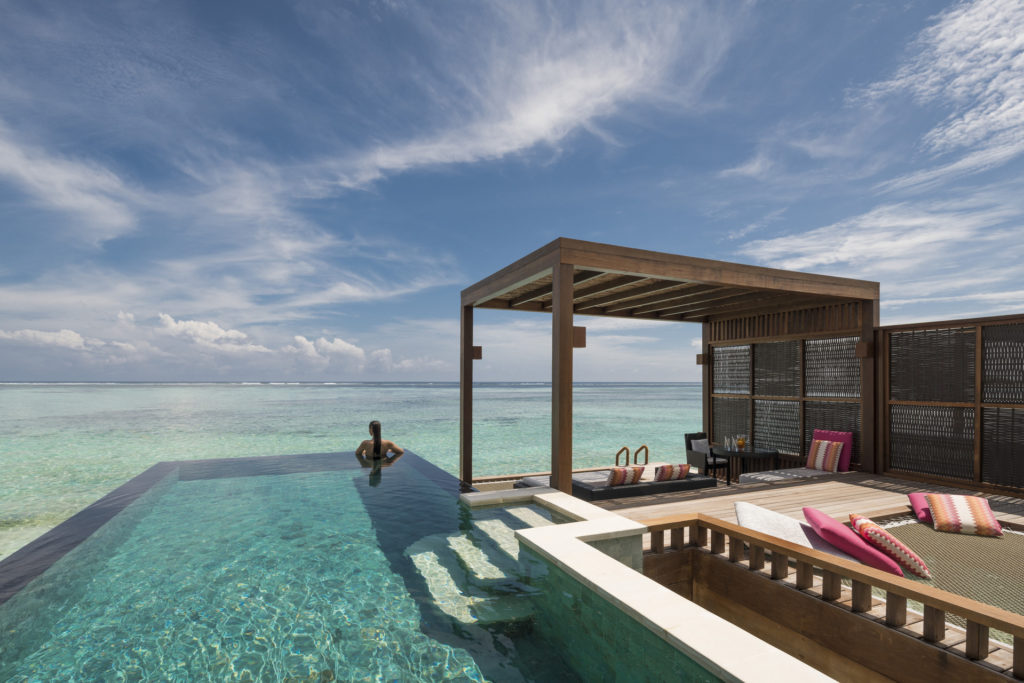
The resort has a comprehensive action plan in the event of a Tsunami reflecting on the catastrophically devastating Tsunami that happened in 2004. The action plan will be triggered when the resort comes to know of any earthquake within the region that exceeds seven magnitudes. The first stage is about the Tsunami watch where the team will check the internet to see if any such incident has occurred with how much of an impact it can potentially lead to. If a potential Tsunami is faced, the crisis team is gathered to explain the situation; the second stage—evacuation follow it.
The two evacuation points at the resort are designated for the guests and employees separately. Lifejackets should be worn at this point with the update given to everyone on the island. At the third stage, everyone will be deployed to elevated areas of the island allocated for the residents. If needed, boats will be on standby to be sent out to sea. With a comprehensive action plan, sufficient equipment and satellite phones for off-site communications, Darmarathna believes that Four Seasons is well planned and have the hope that these actions can minimise the full-blown effect that natural disasters can result in.
A general observation derived from conversations with other Directors of Security in the tourism sector of the Maldives is on the trespassing of lagoons by outsiders. Darmarathna feels that stronger policies need to be maintained to keep the allowed parameters of the private lagoon area to be complied to. At Four Seasons Kuda Huraa, due to the two observation posts at the resort, it has the advantage to alert if anybody is seen to be trespassing.
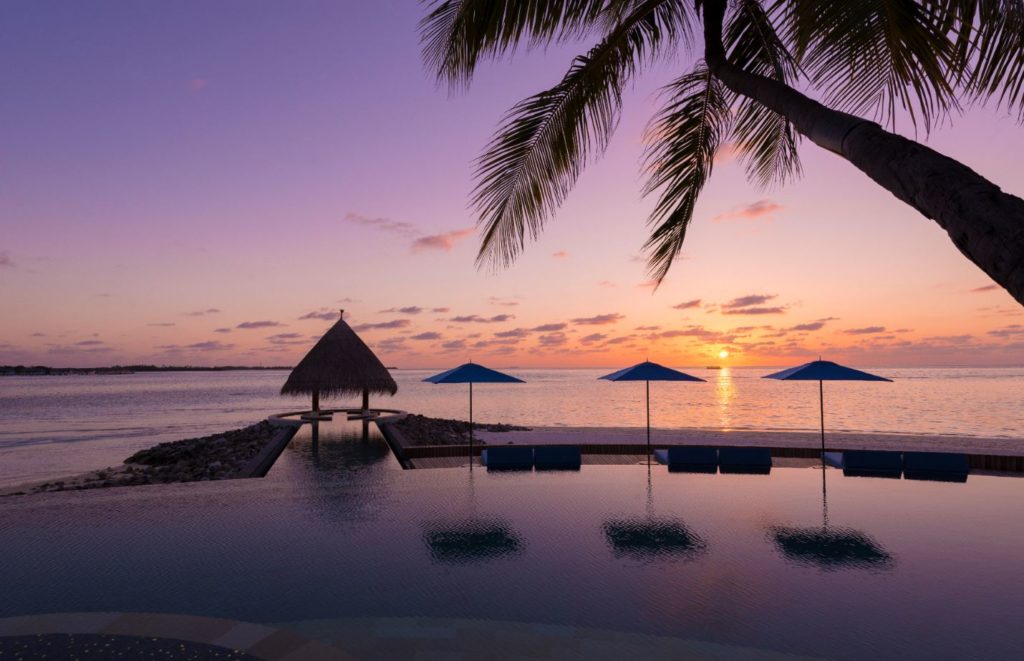
Hence individually, it rarely has the problem of trespassers. However, for the safety and security concerns of both guests and employees in all properties across the Maldives, trespassing should not be allowed. Darmarathna further reflected on the water- and fire-related incidents in the country that has taken or endangered lives. He believes that with proper training and planning, these issues are minimised.
He concludes that even though the Maldives is a peaceful country in general, with mutual respect for the tourism industry, the country should not reside by the ideology that there is no threat. It is paramount to train employees accordingly to tackle any global threat, suspicious behaviour in their environment or any unforeseeable events.





